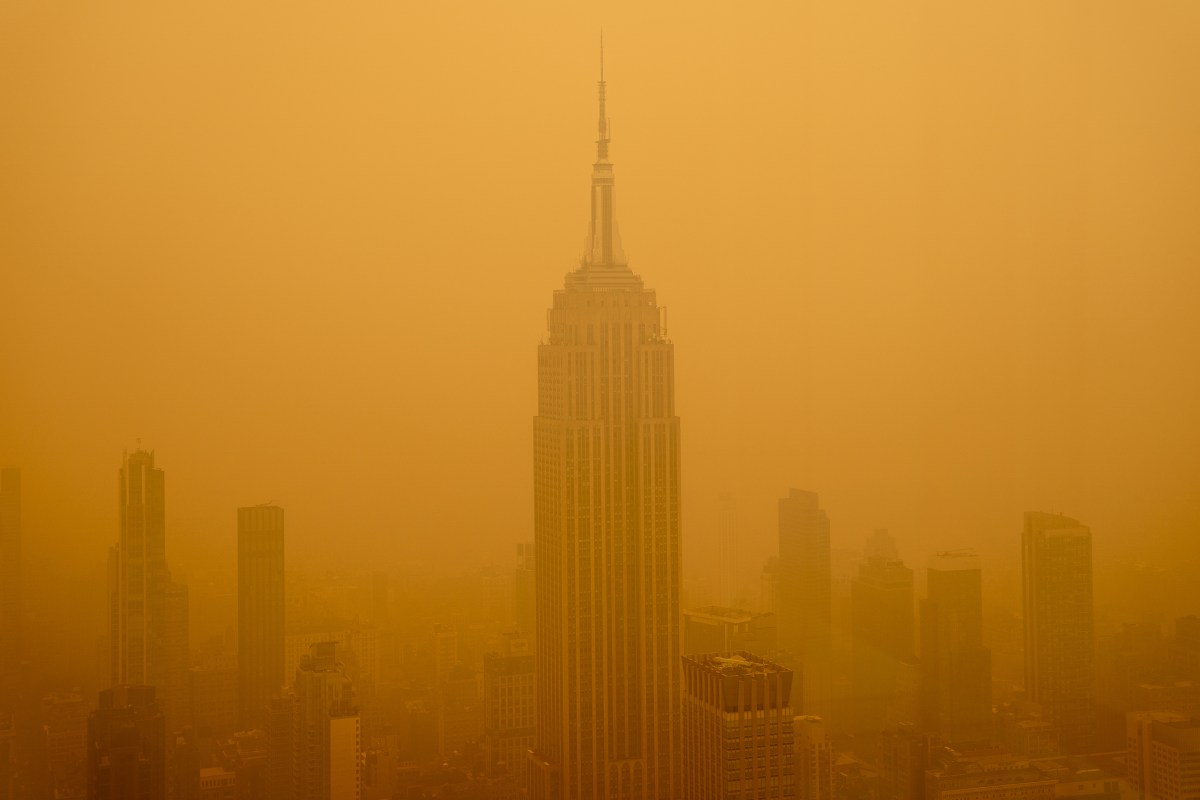U.S. Hit By First Mad Cow Case, Industry In Jeopardy
"Today we received word from the Veterinary Services laboratory in Ames, Iowa, that a single cow from Washington state has tested positive for BSE, or what is known as Mad Cow Disease," said U.S. Agriculture Secretary Ann Veneman.
Veneman told a Washington press conference that investigators were trying to find out if any part of the cow, detected in the northwest state of Washington, had entered the food supply chain, reported Agence France-Presse (AFP).
The animal came from a farm in Mapleton, about 40 miles (65 kilometers) southeast of the Washington town of Yakima. The farm has been quarantined and Veneman said "The inspection service is working quickly to accurately determine the final disposition of the products from the animal."
She said a sample from the suspect cow, a Holstein, had been flown on a military aircraft to Weybridge, England to confirm the U.S. tests.
The United States was in the process of alerting "trading partners" and other organizations of the case, she added.
Veneman insisted that despite the case "we remain confident in the safety of our food supply. The risk to human health is extremely low."
With the United States heading into the Christmas party season, the agriculture secretary said the authorities saw no reason to advise a change in eating habits.
The piece of advice came since the family of the deadly illness also includes the human disease, Creutzfeldt-Jakob Disease (vCJD), which is believed to be caused by eating neural tissue, such as brain and spinal cord, from BSE-affected cattle.
More than 130 people in Britain have died of vCJD since 1996 and at least four in France.
The United Nations’ Food and Agriculture Organization (FAO) said cases of mad cow have been detected since 2001 in several countries, including four in the Czech Republic, one in Greece, one in Israel, seven in Japan, two in Luxembourg, five in Poland, 11 in Slovakia and three in Slovenia.
An FAO statement released in June said "all countries should continue to check for the disease and apply precautionary measures, even where BSE has never been found."
The situation has improved in the European countries that were most affected however. Britain, the worst hit with 37,000 cases in 1992, recorded only 1,144 cases in 2002. And in the rest of Europe, the surveillance programs uncovered less than 1,000 cases out of a total cattle population of more than 80 million.
Beef Industry In Jeopardy
Economists believe that the suspected case could gut the U.S. beef industry – the world’s largest exporter – which the government calls the top farm business in the nation, following a series of temporary bans slapped on by importers.
Following the news, Burger chain McDonald’s Holdings Co. (Japan) Ltd. shares are already down by 70 yen or 3.11 percent to 2,180 yen by the morning close.
The industry generates annually about $40 billion directly – as measured by sales of cattle and calves – and approximately five times that per year in related economic output.
Many Asian nations rushed to suspend imports of U.S. beef Wednesday, although initial reactions from the European Union, which buys relatively little American beef, were more low-key.
Japan, the world’s biggest importer of U.S. beef, announced a temporary ban less than three hours after Veneman’s statements.
South Korea, the fourth biggest market for U.S. beef, soon followed Japan’s lead, as did Hong Kong, Singapore, Malaysia, Taiwan and Australia. China said it was hoping to make an announcement later Wednesday.
In Japan share prices in beef-related companies plunged on the news.
Beef-bowl restaurant chain Yoshinoya D and C Co. Ltd., which sources 99 percent of its beef from the United States, saw its shares plunge 8.24 percent or 14,000 yen to 156,000 yen on the Tokyo Stock Exchange in morning trade.
In Australia, the world’s largest beef exporter, authorities said the country’s negligible imports from the United States would be suspended and emphasized the safety of its own cattle. "
The U.S. beef industry employs almost one million people directly, while processing and packing add 400,000 full-time jobs, the National Cattlemen’s Beef Association said.
While the United States has less than 10 percent of the world’s cattle stock, it produces nearly 25 percent of the world’s beef.
Economists fear a repetition of the economic disaster in Canada, with the single BSE case badly hit the country’s 5.5 billion dollar a year cattle and beef industry, while several countries, including the United States, temporarily banned imports of Canadian beef.
The BSE scare in the U.S. benefits Australia, Canada and New Zealand, the leading beef exporters to the United States.


